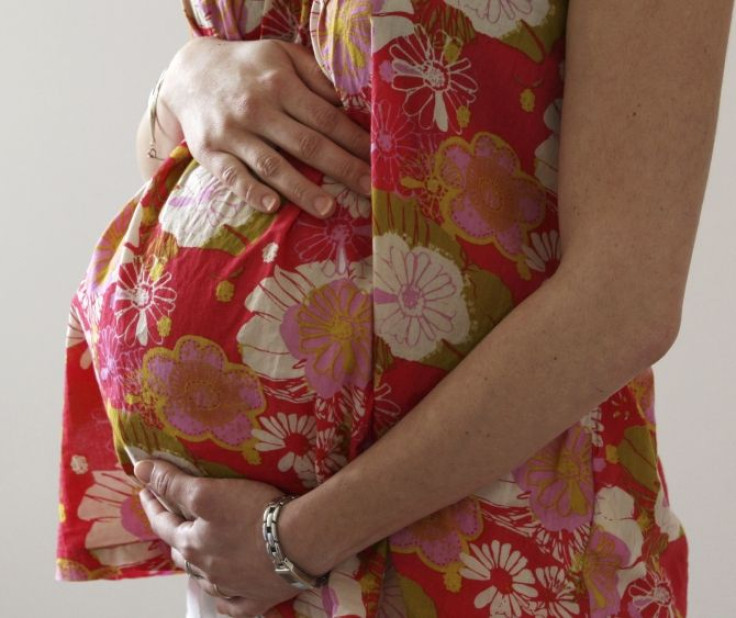Exercise Key to Avoiding Weight Gain by Mother and Newborn

Eating healthy foods and moderate levels of exercise during pregnancy helps pregnant women maintain their weight.
Researchers have found that a program designed to keep would-be mothers away from excessive weight gain was effective. The program is called Nutrition and Exercise Lifestyle Intervention Program (NELIP).
In the present study, researchers recruited some 49 pregnant women who were at 16 to 20 weeks gestation. They divided these women in to two groups. One group participated in a low intensity walking regimen while the other group participated in moderate level exercise routine. Both groups were kept on a kind of diet plan that is based on diet plan given to women who have gestational diabetes.
Researchers found that women in both the NELIP groups did not gain excessive weight as compared to women who did not exercise during pregnancy. Also, there was no difference in the birth-weight of babies of women who exercised and those who did not.
According to researchers, healthy lifestyle during pregnancy cuts the risk of obesity in both mother and child. Experts recommend that women who have high BMI must lose weight before getting pregnant and maintain healthy eating habits through the pregnancy.
"Women benefit greatly from being active throughout their pregnancies and physical activity is strongly recommended by professional organizations. However, most pregnant women remain inactive and this may be contributing to excessive gestational weight gain, which is associated with an increased risk for future obesity in both the mother and offspring," said Stephanie-May Ruchat, a postdoctoral fellow at the University of Western Ontario in Canada and lead author of the study in a statement.
Real meaning of eating for two
Researchers say that pregnant women must add just 200 to 300 kilocalories extra during the third trimester and that too depending on their initial body mass.
"Myths about nutrition in pregnancy can also be misleading. For example, mothers-to-be should be warned that 'eating for two' does not mean they need to eat twice as much, but that they should eat twice as healthy. An increase of only 200 to 500 kilocalories per day in the second and third trimester is recommended, depending on the body-mass index of the women prior to pregnancy. The heavier the woman is, the fewer extra calories per day she will need during pregnancy," said Ruchat.



























